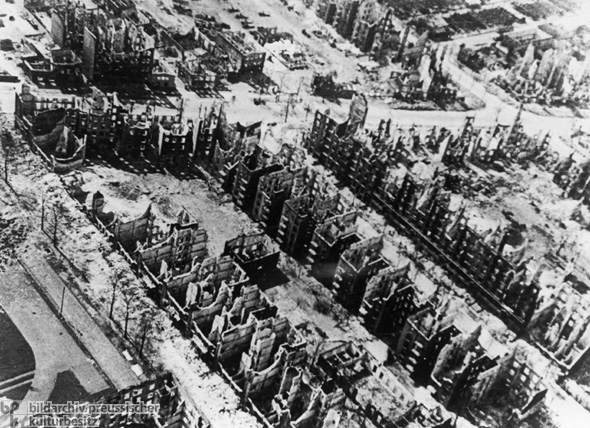Boo Radley
DP Veteran
- Joined
- Dec 20, 2009
- Messages
- 37,066
- Reaction score
- 7,028
- Gender
- Male
- Political Leaning
- Liberal
It's irrelevant. My point is, you fight wars to win, you don't fight wars not to lose.
No one fought it to lose. They merely fought the wrong war. What was needed was different than what we did in WWII. And we should not have been there to begin with.

